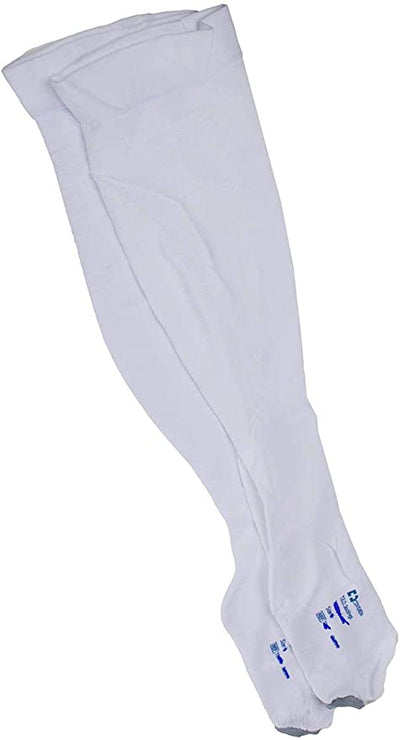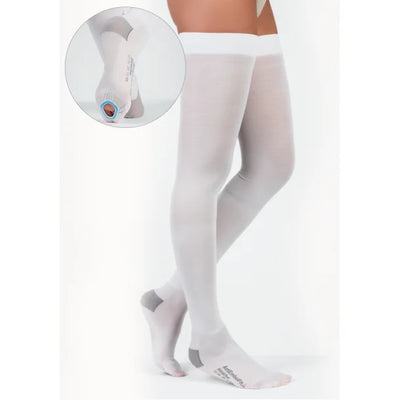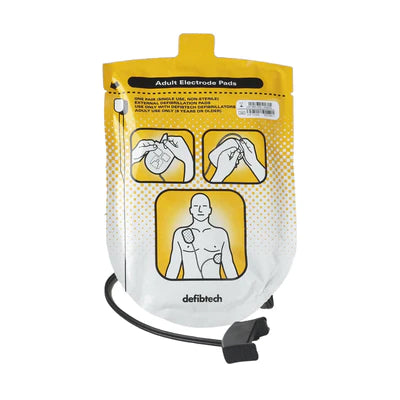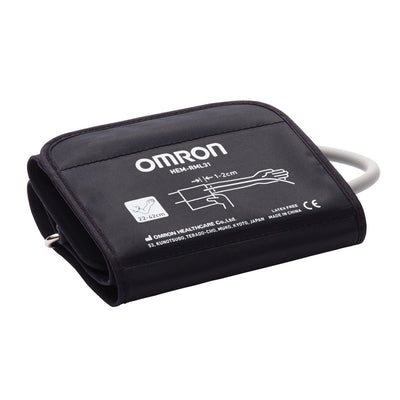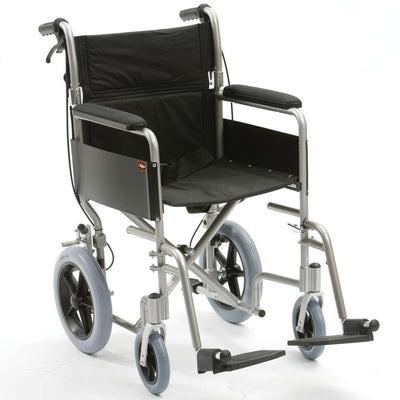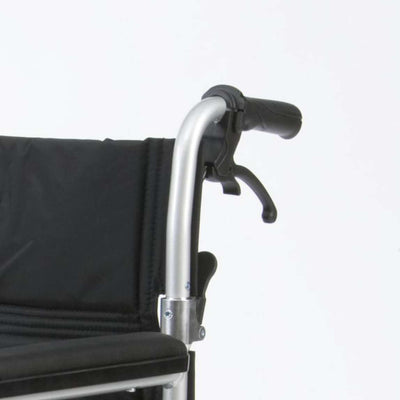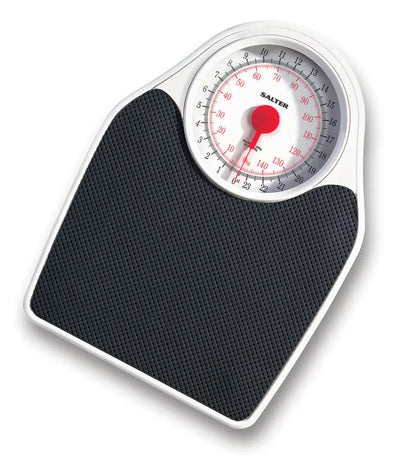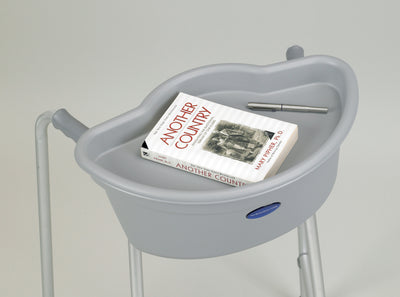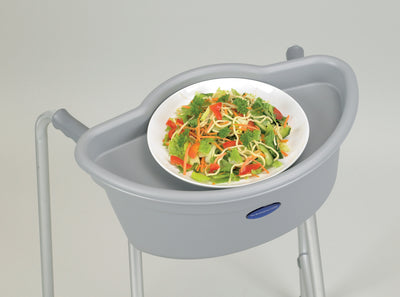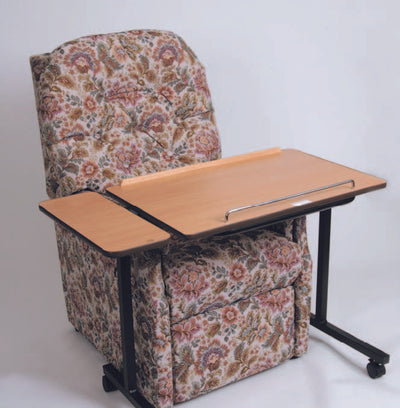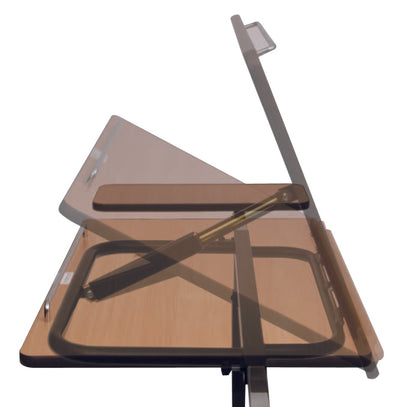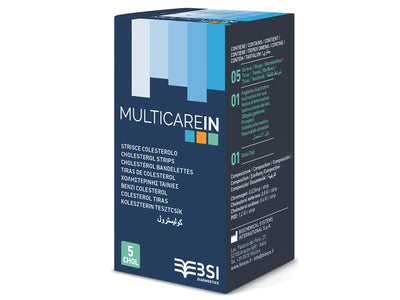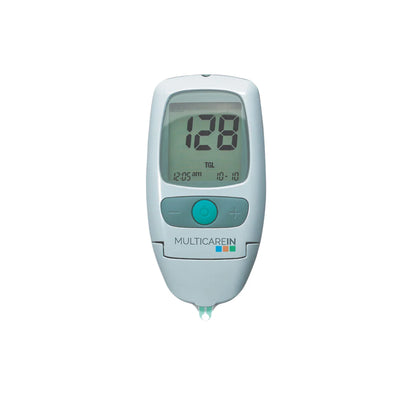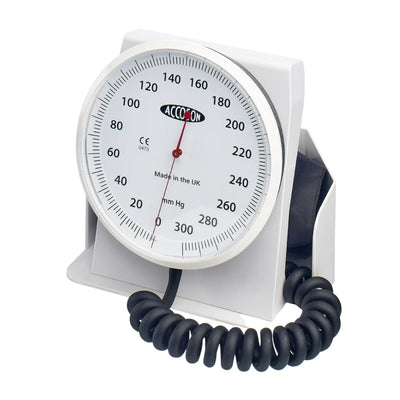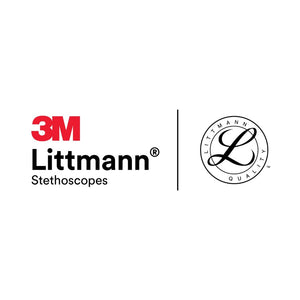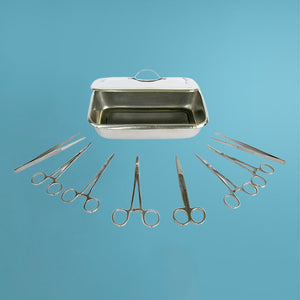Blogs
Future healers in training – navigating the rewarding path of medical education.

Medical School Essentials - What Supplies Do You Need?
09.10.2023
Congratulations! 🎉 You've just embarked on one of the most transformative and exhilarating chapters of your life. You’ve been accepted to study medicine and are ready to start a life in the medical profession. Medicine is not just a degree, it’s a calling.
To prepare yourself, you must arm yourself with the best tools and equipment as you navigate the complex world of medicine.
While each medical course will give you a bespoke list of essentials, let's dive into some of the universal must-haves for budding doctors in the UK:
Stethoscopes
It's not just an accessory – it's the very emblem of a medical professional.
Opt for quality. Brands like Littmann Classic III. Or for the tech-savvy, consider a digital stethoscope, connecting seamlessly to devices for recording, playback, and amplified sound.
For more information on all the different types of stethoscopes head over to our resource page to learn more about stethoscopes.
Diagnostic Set
Embarking on a medical journey is both challenging and rewarding. As a medical student, your days are filled with lectures, hands-on experiences, and vital interactions with patients. But as you immerse yourself in this world, tools like diagnostic sets become invaluable.
A diagnostic set typically includes:
Otoscope: It can diagnose ear infections, earwax buildup, and other issues related to the external auditory canal, tympanic membrane (eardrum), and middle ear.
Ophthalmoscope: this device provides a clear view of the retina, the optic disc, blood vessels, and other internal structures of the eye, aiding in the diagnosis of various eye conditions and diseases.
Reflex hammer: testing reflexes helps determine the integrity of the nervous system, particularly the central and peripheral portions.
From routine check-ups during clinical rotations to specialised patient assessments, having your own diagnostic set is crucial. Not only does it help in refining your skills, but it also ensures that you're prepared for any situation.
Notebooks and Stationery
Carry notebooks, pens, highlighters, and other stationery items to take notes during lectures, lab sessions, and clinical placements. Go classic or quirky, but ensure you have enough space for notes, sketches, and those 'aha!' moments
Medical Equipment Apps
There are many apps loaded with information for professionals and students alike.
Mediworld has hand-picked some of the best apps for students to use to kick-start your medical career; it’s like having a mentor right in your pocket!
MDcal - a fantastic site that stores all the equations and algorithms needed for medical professionals and students alike.
Medscape - keep up to date with the latest news in the medical space.
Eponyms - the medical industry has many names for different drugs and diseases. It's easy to get lost! This handy app will help you revise each eponym.
Brainscape- Medical students will revise so much that it will become second nature. So why not make your life easier? With Brainscape, you can make flashcards for any topic and start learning on the go.
ePepid - this app has the most comprehensive drug database. You can check any allergens or drug-drug interactions that you should be aware of!
Anatomy Models
Depending on the course curriculum, having a tactile model might be the trick to mastering complex anatomical structures. Use anatomical charts or a study skeleton, these learning aids are a great benefit when it comes to revision. Take your learning out of the books and into your hands!
And that wraps up our medical school essentials list. We hope you found something useful for your medical career. Good luck!
Mediworld specialises in supplying medical equipment to students and medical professionals. Should you need guidance or recommendations in equipping your medical arsenal, remember we're here to champion your journey every step of the way. Feel free to reach out anytime for unparalleled support as you transition into medicine.
August 2023
Learn More Now

Applying to Medical School? Here’s What You Need To Know
18.07.2024
Working in medicine is a hugely rewarding and challenging profession, but applying to study medicine in the UK can be a notoriously rigorous and competitive process.
Here’s our step-by-step guide to help you navigate through the application process to find your university of choice and ultimately succeed in becoming a doctor.
What Qualifications do I need to be a Doctor?
Here in the UK, you will need to obtain a degree in medicine from a PMQ (primary Medical Qualification) or GMC (General Medical Council) recognised institution. Thereafter you will work towards your full GMC registration (which allows you to practice) by completing a two-year foundation programme. Should you wish to specialise you will need to apply for further training in this area - the length of training for this will depend on the speciality you choose.
Where should I study Medicine?
We are lucky to have over 30 universities in the UK offering degrees in Medicine, all recognised by the PMQ or GMC. Your choice of where to study, however, will be personal to you and could be affected by geographical location, entry requirements, structure, teaching styles, facilities and more.
Do your research and ask questions.
What are the Entry Requirements?
Entry requirements differ from one medical school to another so, again, it pays to thoroughly do your research. Different universities may have specific academic requirements, including the subjects and grades you need to have obtained at the secondary school level or in A-level exams, however there is a generalised expectation of grades required for the top league medical degrees:
A Levels
Most medical schools will expect a minimum of AAA at A-Level, usually in Biology/Human Biology and Chemistry, as well as Physics or Mathematics.
SQA Highers and Advanced Highers
The general expectation is either AAAAB or AAABB at SQA Highers in S5 and AA/AB or BBB at SQA Advanced Highers in S6.
Graduate entry medicine
Graduates with a minimum of a 2:1 honours degree in a relevant science degree, can either apply for the 5-year undergraduate course or the 4-year graduate-entry course.
BMAT and UCAT
As well as A levels/Highers or a relevant degree, applicants to medical school must all sit a BioMedical Admissions Test (BMAT) or a University Clinical Aptitude Test (UCAT) in order to test potential applicants on their aptitude for clinical environments, general medical knowledge as well as critical thinking and problem-solving abilities.
Do I need Clinical Work Experience to Apply?
Any relevant experience or display of dedication and interest in the subject is incredibly useful in giving you the edge on your university application. However, securing good work experience in a clinical or medical setting can be incredibly difficult, due to insurance and safety concerns for the medical institution.
Contact as many health professionals as you can to have a chat about the possibility of work experience. Or volunteer in a care setting or for a health-focused/caregiving charity to improve your caring skills along with your communication skills, empathy, teamwork, patience and resilience - all of which are useful skills in the medical profession.
How do I stand out in my personal statement?
Firstly, not all universities will put a large emphasis on the contents of your personal statement. Some, however, will so you’ll want to make it count.
Essentially your personal statement needs to tell the admissions officer why you would be an ideal candidate for entry to medical school. What has motivated you to want to become a doctor? What is it that makes you passionate about medicine?
Include relevant experiences you’ve had and research/articles you’ve read - but don’t just list them, demonstrate what you have learned from them or how you feel they will help you become a better medical student. Anything you include (hobbies, interests, experiences) should be used to give examples of why you are suited to pursuing a successful career in medicine.
The Final Interview
If, after all of this, you’re invited to attend an interview for your chosen university you will either be facing a traditional panel-style interview or a series of Multiple Mini Interviews. Either way, it’s almost certain that you will be expected to demonstrate an understanding of the medical profession through knowledge of the working of the NHS, the GMC, the history of medicine and current or historical, social and political controversies in healthcare.
Be sure to practice and role-play your interview techniques and answers. Again, do your research. You can find a wealth of question banks online as well as more detailed information on what is expected on the website of your chosen university.
Remember to keep track of the important deadlines throughout your application process and seek guidance from teachers, mentors, or career advisors.
Good luck with your application and don’t forget to head to our website to pick up all of your medical school essentials before you go!
July 2023
Learn More Now
